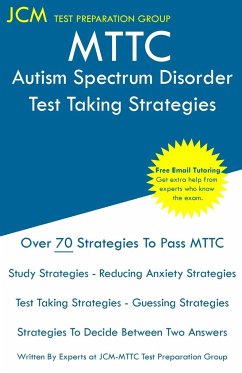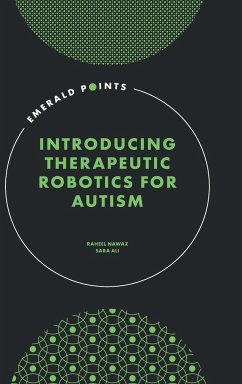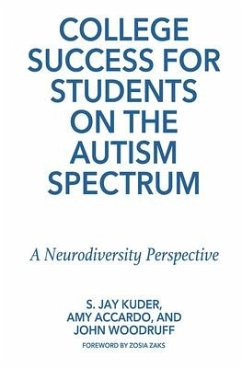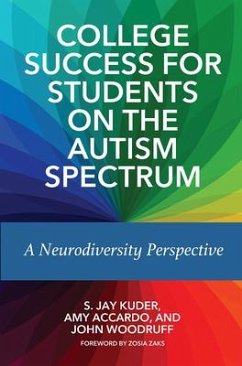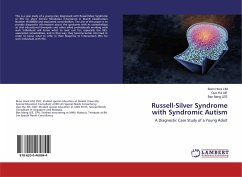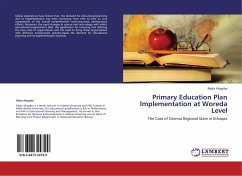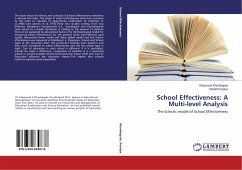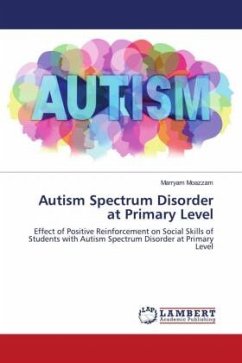
Autism Spectrum Disorder at Primary Level
Effect of Positive Reinforcement on Social Skills of Students with Autism Spectrum Disorder at Primary Level
Versandkostenfrei!
Versandfertig in 6-10 Tagen
29,99 €
inkl. MwSt.

PAYBACK Punkte
15 °P sammeln!
This empirical study aimed to investigate the effect of positive reinforcement on social skills of autistic students at primary level in the subject of Urdu. The study was conducted on 4th grade students (n = 48) with autism spectrum disorder and they were randomly distributed into two groups; one was experimental and the other was a control group. Each group consisted of twenty four students. Control group was taught through activity-based method without positive reinforcement and experimental group was taught through activity-based method with positive reinforcement. Questionnaire of Autism ...
This empirical study aimed to investigate the effect of positive reinforcement on social skills of autistic students at primary level in the subject of Urdu. The study was conducted on 4th grade students (n = 48) with autism spectrum disorder and they were randomly distributed into two groups; one was experimental and the other was a control group. Each group consisted of twenty four students. Control group was taught through activity-based method without positive reinforcement and experimental group was taught through activity-based method with positive reinforcement. Questionnaire of Autism Spectrum Disorder (QASD) was used as a tool to identify autistic children. Pre-test and post-test control group design were used in this study. On the basis of data analysis, it was found that activity-based method with positive reinforcement was more effective than the activity-based method without positive reinforcement for grade 4th students. There was a significant difference between thesocial skills performance scores of students taught through activity-based method with positive reinforcement and activity-based method without positive reinforcement.



